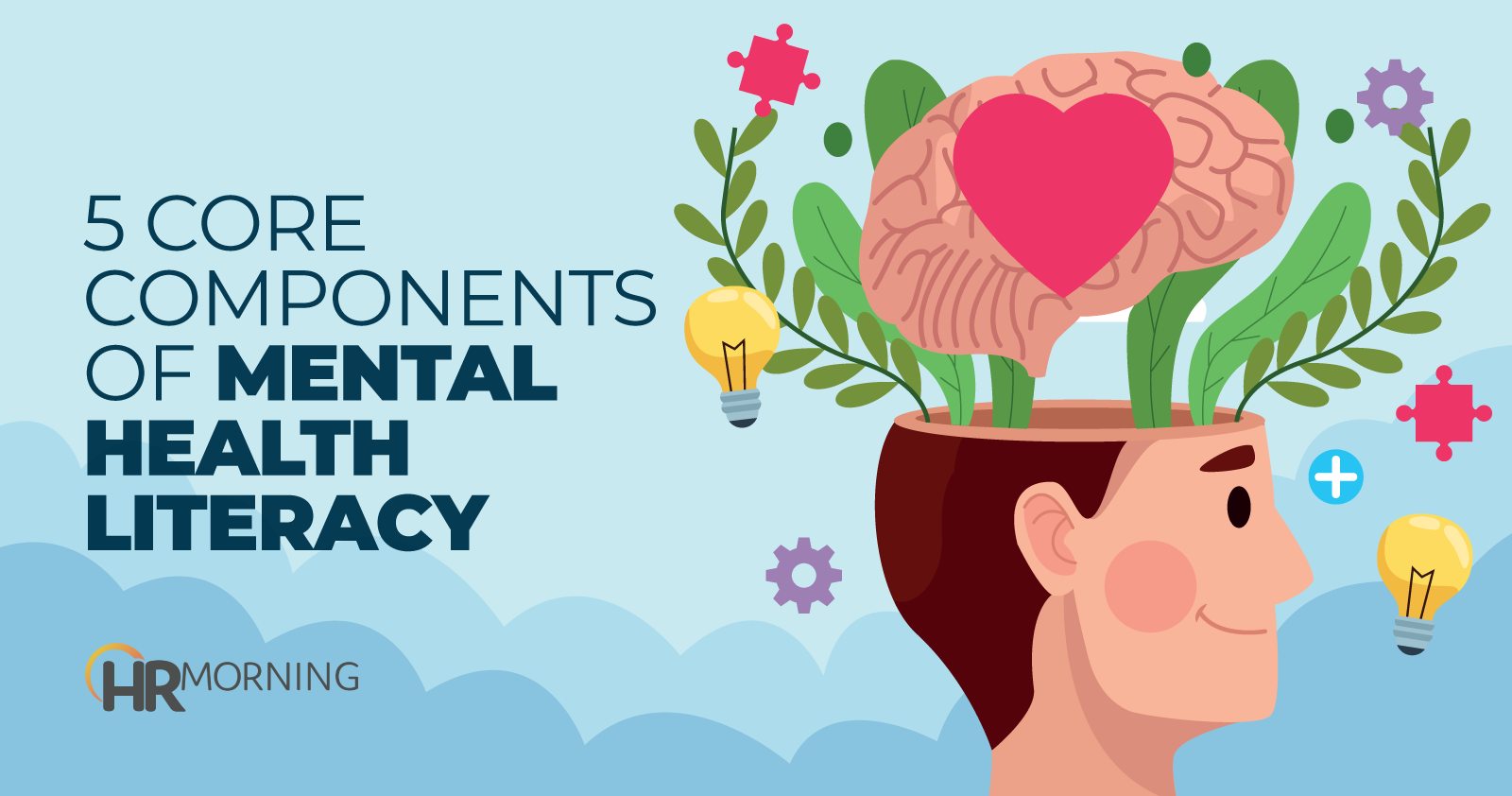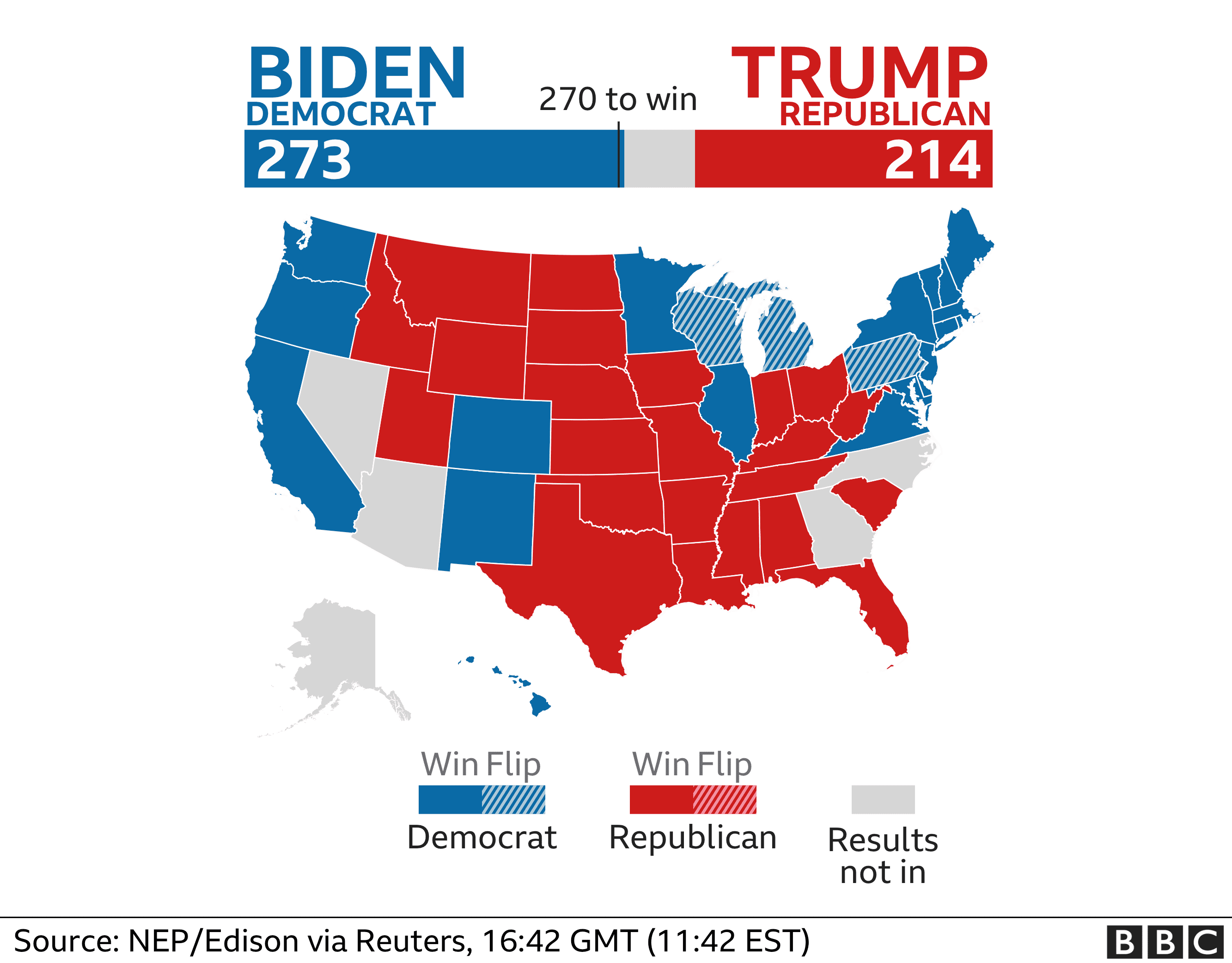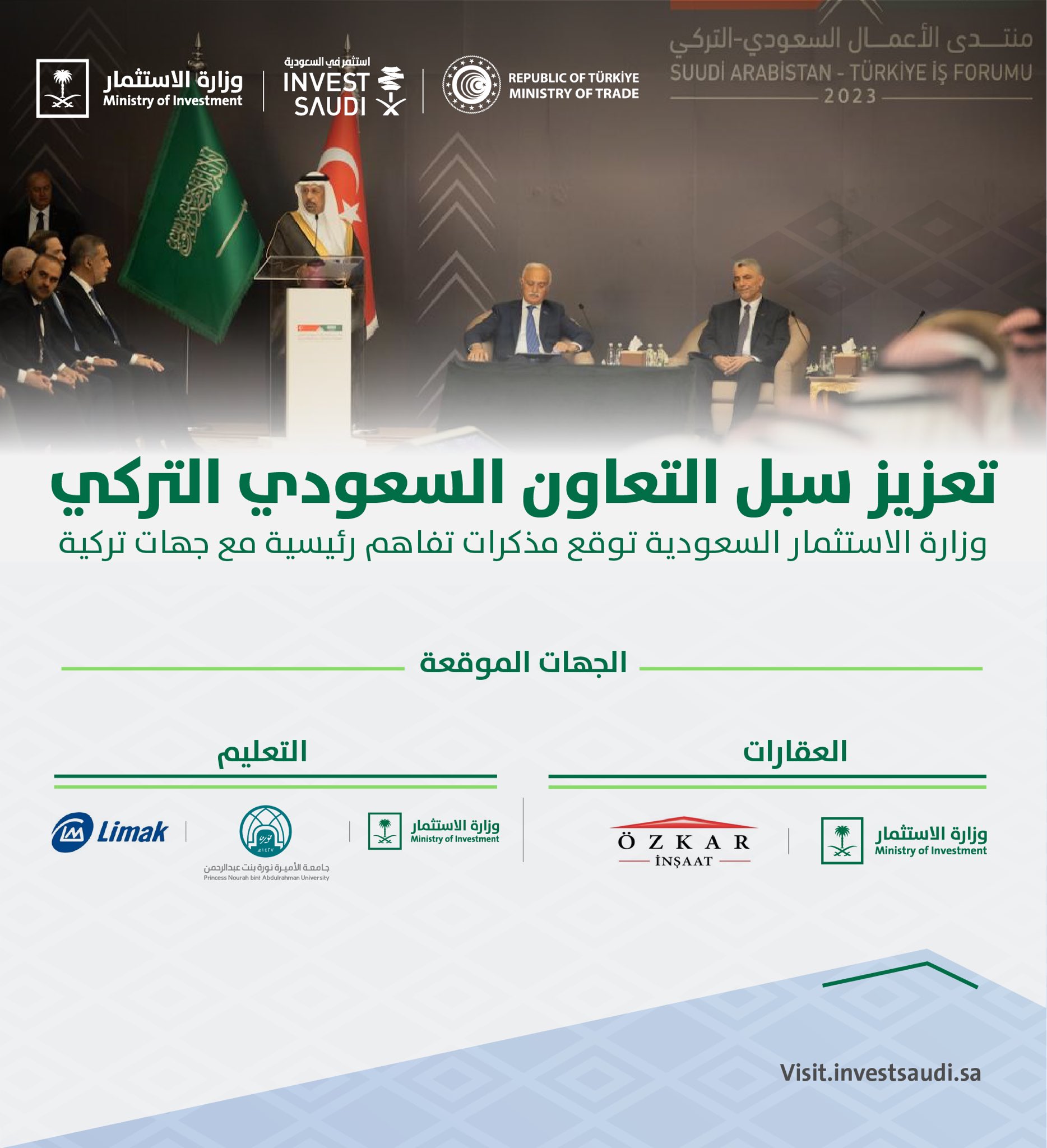A Framework For Mental Health Literacy Education Programs

Table of Contents
Defining the Target Audience and Needs Assessment
Clearly identifying your target audience (e.g., adolescents, adults, specific communities like veterans or LGBTQ+ individuals) is paramount for the success of your Mental Health Literacy Education Programs. A program designed for teenagers will differ significantly from one aimed at senior citizens. Understanding the unique needs and challenges faced by your chosen group is crucial for creating a relevant and engaging program.
Conducting a thorough needs assessment is the cornerstone of effective program design. This involves understanding existing knowledge gaps, prevalent mental health concerns, and the cultural context surrounding mental health within your target group. This assessment informs the content, delivery methods, and overall approach of your program.
- Methods for Needs Assessment:
- Surveys: Utilize online or paper-based surveys to gather quantitative data on knowledge levels, attitudes, and help-seeking behaviors.
- Focus Groups: Conduct focused discussions with representatives from your target audience to gain qualitative insights and explore nuanced perspectives.
- Interviews: Conduct one-on-one interviews for in-depth understanding of individual experiences and perspectives related to mental health.
- Existing Data Analysis: Leverage existing data sources, such as public health statistics or school records, to identify prevalent mental health issues within the community.
Tailoring the program content to the specific needs and cultural context of the target audience is essential for maximizing engagement and effectiveness. Ignoring cultural nuances can significantly hinder the program's impact.
Curriculum Development and Content Selection
The curriculum for your Mental Health Literacy Education Programs should be evidence-based, drawing on the latest research findings on mental health conditions and effective interventions. This ensures the information presented is accurate, up-to-date, and aligned with best practices.
The curriculum should include comprehensive information on common mental health conditions such as anxiety, depression, stress, PTSD, and bipolar disorder. This information should cover symptoms, risk factors, and available treatment options. It's vital to present this information in an accessible and understandable manner, avoiding overly technical jargon.
- Essential Curriculum Components:
- Defining Mental Health: Establish a clear understanding of what constitutes mental health and well-being.
- Identifying Symptoms: Provide clear and concise information on the symptoms of various mental health conditions.
- Understanding Risk Factors: Educate participants on factors that can increase the risk of developing mental health challenges.
- Dispelling Myths and Stigma: Actively challenge common misconceptions and stereotypes surrounding mental illness.
- Promoting Self-Care Strategies: Equip participants with practical self-care techniques to manage stress and promote well-being.
- Navigating Help-Seeking Processes: Provide clear guidance on how to access mental health services and support.
Incorporate interactive elements such as role-playing, group discussions, and case studies to enhance engagement and learning. Active participation fosters better understanding and retention of information.
Effective Teaching Strategies and Pedagogical Approaches
Employ diverse teaching methods to cater to different learning styles (visual, auditory, kinesthetic). Some learners respond better to visual aids, others prefer lectures, and some benefit most from hands-on activities. A multifaceted approach ensures maximum reach and impact within your Mental Health Literacy Education Programs.
Creating a safe and supportive learning environment is paramount. This involves establishing clear ground rules for respectful communication, ensuring confidentiality, and fostering a sense of trust and empathy among participants. This is critical for reducing stigma and encouraging open discussion of sensitive topics.
- Effective Teaching Strategies:
- Interactive Workshops: Facilitate hands-on activities, group discussions, and role-playing exercises.
- Online Modules: Develop engaging online learning materials for flexibility and accessibility.
- Peer-to-Peer Learning: Encourage participants to share their experiences and learn from one another.
- Guest Speakers: Invite mental health professionals to share their expertise and answer questions.
Incorporate technology and multimedia resources where appropriate to enhance engagement and accessibility. Videos, interactive simulations, and online resources can significantly enhance the learning experience.
Program Evaluation and Impact Measurement
Establish clear learning objectives and measurable outcomes before implementing your Mental Health Literacy Education Programs. This allows you to track progress, assess effectiveness, and make data-driven improvements.
Use pre- and post-program assessments to measure changes in knowledge, attitudes, and behaviors. These assessments can take many forms, including surveys, quizzes, and focus groups.
- Evaluation Methods:
- Surveys: Measure changes in knowledge, attitudes, and perceived self-efficacy related to mental health.
- Quizzes: Assess participant understanding of key concepts and information presented in the program.
- Focus Groups: Gather qualitative feedback on program effectiveness and identify areas for improvement.
- Observations: Observe participant engagement and participation during program activities.
- Qualitative Feedback: Collect open-ended feedback to gain deeper insights into participant experiences.
Regularly monitor and evaluate the program's effectiveness to ensure ongoing improvement and refinement. Data-driven adjustments ensure your program remains relevant and impactful.
Sustainability and Dissemination
Develop a plan for sustaining the program beyond initial funding cycles. This might involve exploring alternative funding sources, developing partnerships with community organizations, or integrating the program into existing institutional structures.
Explore collaborations with community organizations and stakeholders to expand reach and impact. Partnerships can leverage existing resources and networks to reach a broader audience.
- Strategies for Dissemination:
- Presentations at conferences: Share your program's findings and best practices with a wider audience.
- Publications in peer-reviewed journals: Contribute to the body of knowledge on mental health literacy education.
- Social Media Campaigns: Utilize social media to raise awareness and promote your program.
- Partnerships with schools and community centers: Integrate your program into existing community structures to ensure long-term sustainability.
Conclusion
Developing effective Mental Health Literacy Education Programs requires a structured approach that considers audience needs, curriculum development, teaching strategies, and evaluation methods. By following this framework, educators and program developers can create impactful initiatives that empower individuals with the knowledge and skills necessary to navigate mental health challenges. Remember to regularly evaluate and refine your Mental Health Literacy Education Programs to ensure they remain relevant and effective in promoting positive mental health outcomes. Invest time and resources in creating strong Mental Health Literacy Education Programs – the impact on your community will be significant. Start building your program today and contribute to a more mentally healthy world.

Featured Posts
-
 Securing Elections The Robustness Of The Poll Data System
May 02, 2025
Securing Elections The Robustness Of The Poll Data System
May 02, 2025 -
 Discovering This Country A Comprehensive Guide
May 02, 2025
Discovering This Country A Comprehensive Guide
May 02, 2025 -
 Discover This Country Culture History And Travel
May 02, 2025
Discover This Country Culture History And Travel
May 02, 2025 -
 Wzyr Altjart Alsewdy Ybhth Frs Alastthmar Almshtrk Me Adhrbyjan
May 02, 2025
Wzyr Altjart Alsewdy Ybhth Frs Alastthmar Almshtrk Me Adhrbyjan
May 02, 2025 -
 Federal Investigation Hacker Made Millions Exploiting Executive Office365 Accounts
May 02, 2025
Federal Investigation Hacker Made Millions Exploiting Executive Office365 Accounts
May 02, 2025
Latest Posts
-
 Ukrainskie Bezhentsy I S Sh A Prognozy Dlya Germanii
May 10, 2025
Ukrainskie Bezhentsy I S Sh A Prognozy Dlya Germanii
May 10, 2025 -
 India Pakistan Tensions Cast Shadow On Imfs 1 3 Billion Loan To Pakistan
May 10, 2025
India Pakistan Tensions Cast Shadow On Imfs 1 3 Billion Loan To Pakistan
May 10, 2025 -
 Pakistan Economic Crisis Imfs 1 3 Billion Package Under Review
May 10, 2025
Pakistan Economic Crisis Imfs 1 3 Billion Package Under Review
May 10, 2025 -
 Izolyatsiya Zelenskogo Otsutstvie Gostey Na 9 Maya
May 10, 2025
Izolyatsiya Zelenskogo Otsutstvie Gostey Na 9 Maya
May 10, 2025 -
 S Sh A I Noviy Potok Bezhentsev Iz Ukrainy Vzglyad Iz Germanii
May 10, 2025
S Sh A I Noviy Potok Bezhentsev Iz Ukrainy Vzglyad Iz Germanii
May 10, 2025
